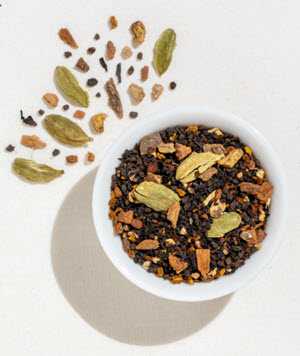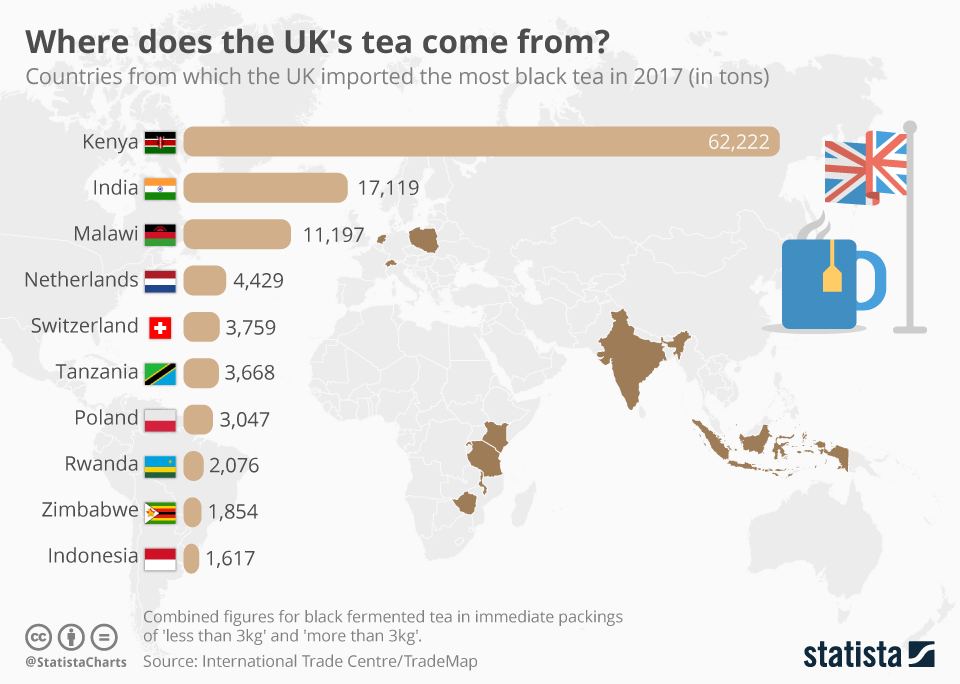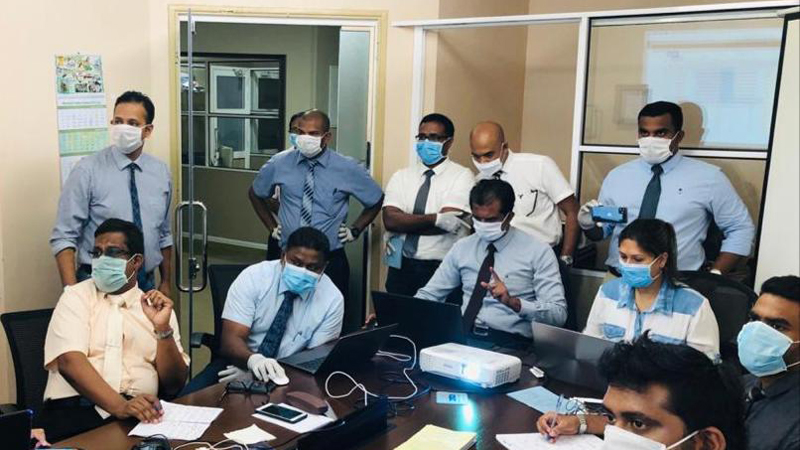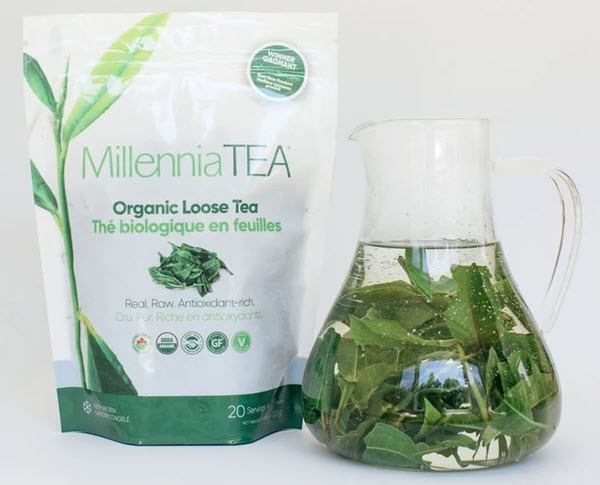Tea is a powerful conduit for health and wellness, says Steve Schwartz, founder of Art of Tea in Los Angeles and a graduate of the Ayurvedic Institute in New Mexico. In this segment, he discusses the challenging role for tea retailers amid the pandemic. Retailers are wise to offer counsel on the comfort and health benefits of tea, educating themselves in both the traditional and science-based properties and then sharing that knowledge with customers.
A Conduit for Health and Wellness
By Dan Bolton
Steve Schwartz, founder of Art of Tea in Los Angeles and a graduate of the Ayurvedic Institute in Albuquerque, New Mexico, discusses the challenging role for tea retailers amid the pandemic. They are wise to counsel comfort and prevention and the science-based benefits of tea, often to consumers seeking a cure or at least boost their immunity to ward off the virus.
Steve Schwartz: As soon as COVID hit, we found people wanted to learn more about tea.
So we created a “Become a Tea Expert” series. It’s on our website and it’s 25 videos all on how to taste, and understand tea at a deeper level. Right now we’re working on content for level 2.
That’s a responsibility of a tea shop owner, right? If you know that someone coming into the store with typical supermarket teabag experience, retailers can explain tea on a much deeper level, describe that blissful state, that “tea mind”, that elevated consciousness. I think that is the ultimate responsibility of a tea shop owner, when they know that you can reach those levels and to be able to pass it on.
If we can explain some of the biological, the biofeedback effects with tea and help unlock that journey for them that’s a beautiful process.
Our mission is to create a delicious experience and we want to impact as many lives as we can through tea. We believe that tea is a powerful conduit for health and wellness and also for internal connection and connection with loved ones.
Dan Bolton: Long before you founded Art of Tea in 2004, you traveled widely to see firsthand how herbs are grown and processed. You then spent a few years experimenting, blending botanicals in your living room. Today as a master blender you are known for utilizing a diverse range of inclusions. You latest blend is a Chaga Chai Mushroom Tea. The chai is a fusion of organic Assam tea that is hand blended together with ashwagandha, Chaga mushroom, and fragrant spices. It is featured in your wellness collection. You mentioned blending goji and Chaga seven years ago and then abandoning the experiment after concluding “no one is going to drink mushroom tea.“

So I’m not a huge mushroom expert. Ayurveda tends to see mushrooms as tamasic, meaning it’s sort of low energy, but if you look at it from the root level, there are certain parts of the mushroom, when combined with other spices and botanicals they can unlock deep immune boosting properties, Chaga being one of them.
We created a beautiful Chaga Chai with cardamom, a good lung opener, and cinnamon, good blood cleanser, and chaga, a wonderful thyroid-stimulating and mood boosting botanical.
Dan: Consumers tell market researchers that tea was immensely helpful during lockdowns, calming and comforting amid the stress of home schooling and work. In the US, packaged tea sales were up more than 12% during 2020 and online sales reached new highs. There were big gains in sales of botanicals.
Steve: There’s a story where the master said to his student, go within a one-mile radius and find a single botanical that doesn’t have medicinal properties. The student very confidently says OK, I’m up for the task but comes back 24 hours later, sobbing. “Master I failed. I couldn’t find a single botanical that doesn’t have medicinal properties,” he said. The master replied “no, in fact, you’ve passed. Every botanical has medicinal properties.”
When it comes to blending, sourcing, I want to know where the botanicals come from, know where the leaves, the fruits, the roots come from, how they’re grown, how they started.
I really want to understand the soil conditions, even the environmental impact on the community and the people around it and how that is helping to create better, better quality products. If it’s not something that I want to give to my children my community, then it’s not something that we want to be able to showcase in this world.
Dan: Tea consumption has declined in foodservice, making business more difficult for importers and wholesalers like the Art of Tea.
Steve: There’s a lot of pain and a lot of suffering, that unfortunately could take one or two years until we fully get through this. I think that there’s hidden blessings in all this, I, I think that the future is incredibly bright.
We saw hotels and other hospitality venues being successful and so we asked them for permission. We asked, could we share best practices to some other properties? We ended up becoming a conduit for improvement in best practices. It changed that sales process to much more of a consultative relationship, with much more handholding, a “we’re all in this together process.”
I think the hotels and the restaurants and cafes that we work with really benefited from that.
I’m not a doctor, I’m not here to make any medical claims, but one of my observations is that if we believe that the universe has produced us for a short window in time to be able to live out our fullest potential as part of a longer story, right? Then we have to show up fully and intentionally with the best life, the best care, and the best responsibility that we can for our family, ourselves, for our community, for our world.
It really does start with a daily simple ritual, just leaves in water. What that can do in terms of the health effects ? you can compound that powerful effect day by day.
It’s incredible.

The Art of Tea Academy
At Art of Tea, we are passionate about sharing our knowledge and understanding of the depths of the drink that has been enjoyed for centuries. Art of Tea Academy is here to help educate you on tea types, tea recipes, and how to make the perfect cup of tea (hot or iced!) The biggest investment you have to make to become a tea expert is your time.
Art of Tea Academy has more than 25 modules of in-depth content and videos about the history of tea, the how-tos of tea, and so much more. We are so excited to offer this as a way to connect with our communiTEA.
Our mission is to create a delicious experience and to impact as many lives as we can through tea. Thank you for being a loyal Art of Tea customer. We couldn’t do what we do without your amazing support.
? Steve Schwartz
Share this post with your colleagues (copy from post block at right)
Signup and receive Tea Biz weekly in your inbox.
Never Miss an Episode
Subscribe wherever you enjoy podcasts:


























